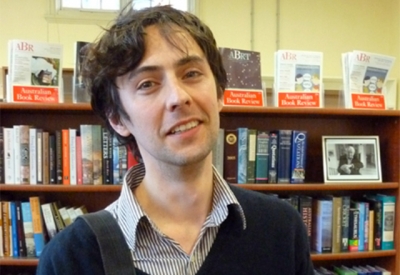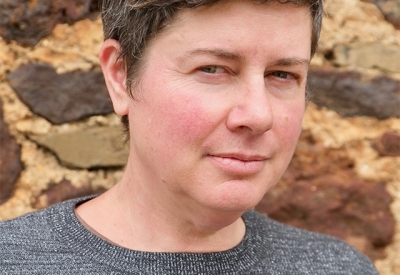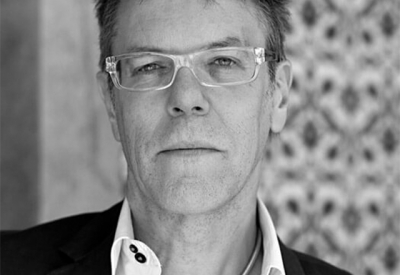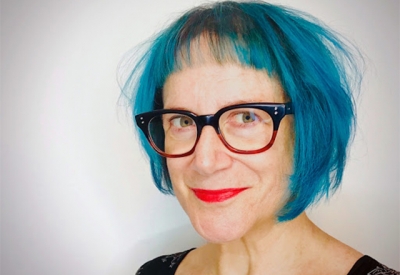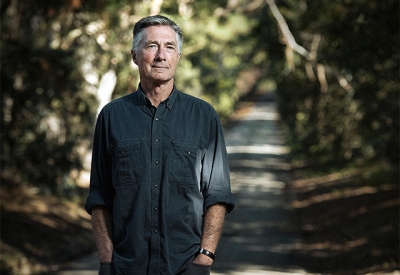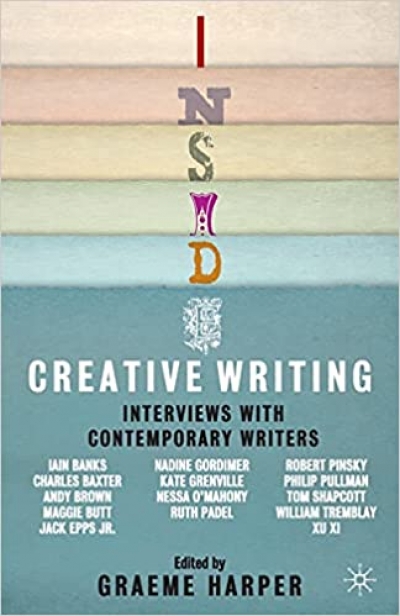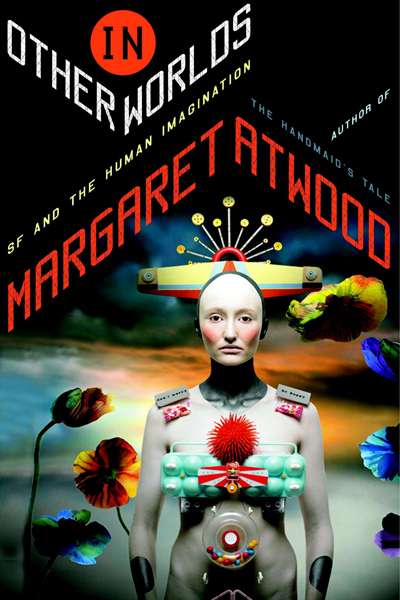Writers on Writing
What makes a story compelling? When I was an undergraduate student at Deakin University, I was fortunate enough to be instructed in fiction writing by Gerald Murnane. His key criterion for the worth of a story was its capacity to mark his memory with an enduring image. Over time he used to cull books from his shelves that failed to impress him in this way.
... (read more)Dozens of critics impress me, but the critic who made the greatest impression is John Dryden. Everything began with Dryden. It was his Essay of Dramatic Poesy (1668) that first inspired me to write about the theatre. Through Dryden I discovered a way of doing criticism that was more than description and analysis; here was criticism that was also the dramatisation of a contest and an exploration of competing positions; a form that was alive, like art itself, and where honest enquiry meant more than judgement.
... (read more)I love pop music that makes me want to dance and fills my heart with joy. Michael Jackson used to be my man. My current favourite song is ‘Happy’ by Pharrell Williams. I’m living in Brooklyn at the moment and the song has been bursting out of the window of every second car all summer long. But if we’re talking desert island albums, I’d be taking some Miles Davis with me. Kind of Blue maybe, or fast forward a few decades to Bitches Brew.
... (read more)I don’t understand happiness – it always feels coercive – and because of this I don’t understand why the promotion of products that bring happiness holds such wide appeal. I associate consciousness with anxiety: whatever takes you out of yourself brings a kind of relief from this. This can include writing, but also dreaming.
... (read more)The ability to situate a work in its context, to praise it without flattery, to argue against it without rancour, to be authoritative without being a know-all, to make difficult matters clear without condescending to the reader – and, of course, to be a good writer in his or her own right.
... (read more)When not preferring silence, I like to listen to Leonard Cohen and Emmylou Harris, but a friend recently introduced me to the early music ensemble, Accordone (Marco Beasley and Guido Morini).
... (read more)Inside Creative Writing: Interviews with contemporary writers edited by Graeme Harper
In Other Worlds: SF and the Human Imagination by Margaret Atwood
British author Glen Duncan released his eighth novel this year, the title of which, The Last Werewolf, is fairly self-explanatory. Although a much more philosophical (and entertaining) read than one might imagine in our current supernaturally-dominated ‘box-office’ novel landscape, Duncan’s book was a marked departure from an author better known for h ...

